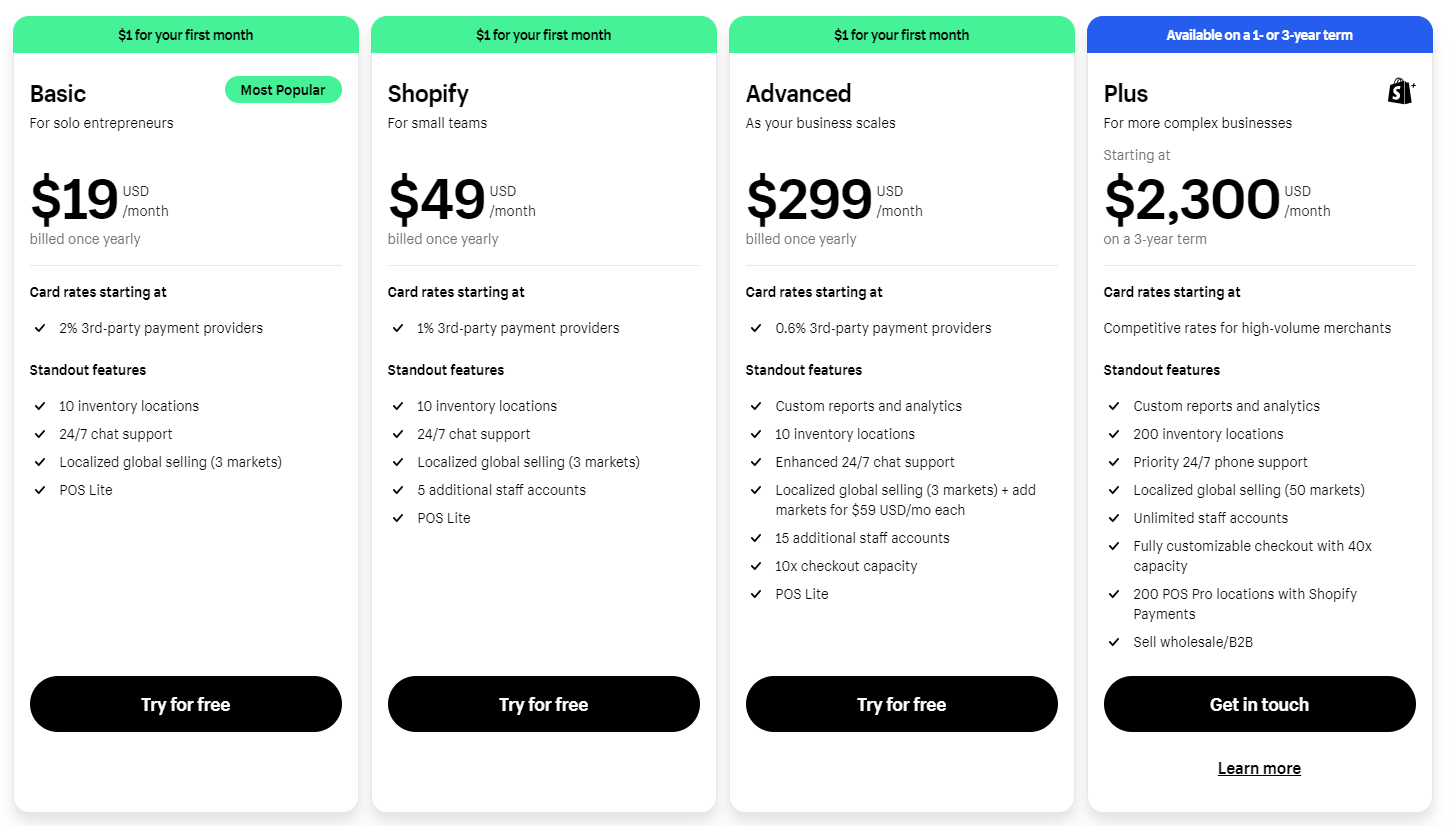As a business owner, you’re always looking for ways to improve your operations and increase profits. One of the most important tools available to you is financial statements. These documents provide a snapshot of your company’s financial health, allowing you to make informed decisions about everything from investments to hiring practices. In this blog post, we’ll explore the different types of financial statements and explain why they’re so crucial for any business owner looking to succeed in today’s competitive market. So grab a cup of coffee and let’s dive in!
What Are Financial Statements?
Financial statements are formal documents that provide a snapshot of a company’s financial activities. The most common financial statements include:
- Income statement (AKA Profit and Loss Statement)
- Statement of retained earnings
These documents provide information about the company’s assets, liabilities, equity, revenues, expenses, and net income for a specified period of time. Financial statements are used to analyze and evaluate a company’s performance and to make decisions about how it should allocate its resources in the future.
What Type of Business Uses Financial Statements?

Financial statements are important for all types of businesses, regardless of their size or industry. From small startups to large multinational corporations, every business needs accurate and up-to-date financial information in order to make informed decisions and stay competitive.
Small businesses that are just starting out may use financial statements primarily for internal purposes, such as tracking cash flow and identifying areas where expenses can be reduced.
Medium-sized businesses often face complex accounting challenges due to multiple locations or product lines.
Large corporations are required by law to provide regular public disclosures of their finances in the form of annual reports or SEC filings.
Why Are Financial Statements Important for Business Owners?
As a business owner, keeping tabs on your financial statements is essential to the success of your company. Financial statements provide valuable insights into the financial health of your business and help you make informed decisions.
One important use of financial statements is to track cash flow. By monitoring income and expenses through profit and loss statements, you can identify areas where you may be overspending or undercharging for goods/services. This information can then be used to adjust pricing, cut costs, or seek new revenue streams.
Importance of Cash Flow
The importance of cash flow cannot be overstated as it helps businesses determine their ability to pay bills, manage debt, invest in growth opportunities, and maintain financial stability. without proper cash flow management, even profitable businesses can fail due to a lack of liquidity. That’s why it’s essential for business owners to monitor their cash flow regularly and make necessary adjustments when needed.
Positive cash flow indicates that a business has more money coming in than going out. This surplus allows companies to reinvest profits into the business or pay off debts while maintaining financial stability.
Negative cash flow means that a company is spending more than what it earns. This situation can lead to increased debt levels and ultimately result in bankruptcy if not addressed promptly.
Understanding your company’s cash flow is crucial for achieving long-term success. By maintaining positive cash flows through effective budgeting and planning techniques, you can ensure your business remains financially stable while pursuing growth opportunities.
Importance of Balance Sheet
Out of all the financial statements that businesses use to track their finances, balance sheets hold immense importance. It summarizes a company’s assets, liabilities, and equity at a given point in time. This fundamental document is essential for assessing whether or not your business has enough resources to meet its obligations or invest in growth opportunities.
As a business owner, you must have accurate information about your finances to make informed decisions about investments and expenses. A clear understanding of your balance sheet can help improve cash flow management by identifying areas where you can reduce costs or increase revenue.
The balance sheet is also essential for accurately assessing the solvency of a business. This document reveals how much debt is currently owed and whether or not the company has sufficient reserves to pay these debts. Having access to this information makes it easier for lenders, creditors, and investors to assess risk when making decisions about providing capital.
Overall, having an accurate balance sheet can provide valuable insight into your business’s financial health and help you make sound decisions about investments and other financial matters.
Importance of Income Statement or Profit and Loss Statement
The income statement is one of the most important financial statements for business owners. It provides a snapshot of your company’s revenue, expenses, and profits over a specific period of time.
An income statement also helps investors and lenders understand how profitable your business is and its ability to generate cash flow. They may use this information when making investment decisions or deciding whether to extend credit to your business.
In addition, an income statement can be used as a benchmark for measuring performance year-over-year. By comparing current year results with previous years’ results, you can identify trends in revenue growth or changes in operating expenses that require adjustment.
Understanding the importance of the income statement is crucial for any business owner looking to improve profitability and make informed decisions about their operations.
Importance of Statement of Retained Earnings or Statement of Equity
Retained earnings are crucial to businesses as they provide a source of funding for future growth opportunities, such as expanding operations, investing in new technologies, or hiring more employees. By analyzing this statement, business owners can gain insight into their company’s financial health and use this information to make informed decisions about future investments.
Moreover, investors value retained earnings since it shows the stability and profitability of a business over time. A healthy balance between dividends paid out and retained earnings indicates that management is making sound investment decisions with profits generated by the company.
Understanding how to interpret this financial document will allow business owners to take advantage of its benefits when planning their next strategic move.
What Are Some Common Mistakes Made on Financial Statements?

Financial statements are essential tools for business owners to make informed decisions about their company’s financial health. However, mistakes can be made in these statements that can mislead and provide inaccurate information. One common mistake is not properly categorizing assets and liabilities. This could lead to an inaccurate balance sheet which affects the overall financial picture of the company.
Another mistake is failing to reconcile bank accounts regularly. This may result in discrepancies between what’s recorded in the books versus what was actually deposited or withdrawn from the account. Such errors can create confusion and hinder decision-making processes.
Inaccurate recording of revenue and expenses is another common error on financial statements. Businesses need to record all transactions accurately, including sales returns, allowances, bad debts, and interest income/expense, among others.
It’s important for businesses owners pay close attention when preparing their financial statements so they avoid such mistakes that could negatively impact their firm’s growth potential.
Frequently Asked Questions
As a business owner, understanding financial statements can be overwhelming. Here are some of the most frequently asked questions about financial statements:
What are the important financial statements every business owner should know?
The important financial statements every business owner should know are given as:
1. Balance Sheet
2. Income Statement
3. Cash Flow Statement
4. Statement of Retained Earnings
Which financial statement is most important to business owners?
The income statement is the most important financial statement to business owners because it shows the profitability of the company over a given period of time. It also provides insight into how well the company is managing its resources and making decisions that will affect future profits.
How do business owners use financial statements?
Business owners use financial statements to assess the financial health of their company. They can analyze their performance over time, measure profitability, and make informed decisions about how to allocate resources for growth. Financial statements also provide valuable information that can be used for tax planning purposes and to secure financing from lenders.
How can the financial statements assist you in making decisions about a business?
The financial statements can help you make informed decisions about a business by providing insight into the company’s financial health. You can analyze how well the company is performing over time, assess profitability, and identify areas for potential improvement or investment. Additionally, the financial statements provide information that can be used to compare different businesses and decide which one is a better investment opportunity.
What Is EcomBalance?

EcomBalance is a monthly bookkeeping service specialized for eCommerce companies selling on Amazon, Shopify, Ebay, Etsy, WooCommerce, & other eCommerce channels.
We take monthly bookkeeping off your plate and deliver you your financial statements by the 15th or 20th of each month.
You’ll have your Profit and Loss Statement, Balance Sheet, and Cash Flow Statement ready for analysis each month so you and your business partners can make better business decisions.
Interested in learning more? Schedule a call with our CEO, Nathan Hirsch.
And here’s some free resources:
- Monthly Finance Meeting Agenda
- 9 Steps to Master Your Ecommerce Bookkeeping Checklist
- The Ultimate Guide on Finding an Ecommerce Virtual Bookkeeping Service
- What Is a Profit and Loss Statement?
- How to Read & Interpret a Cash Flow Statement
- How to Read a Balance Sheet & Truly Understand It
Conclusion
To summarize, having accurate and up-to-date financial statements is critical for any business owner looking to succeed in today’s competitive marketplace. By using these reports effectively, entrepreneurs can gain valuable insights into their organization’s profitability, liquidity, solvency, efficiency as well as its overall financial position – all crucial factors necessary for success!










